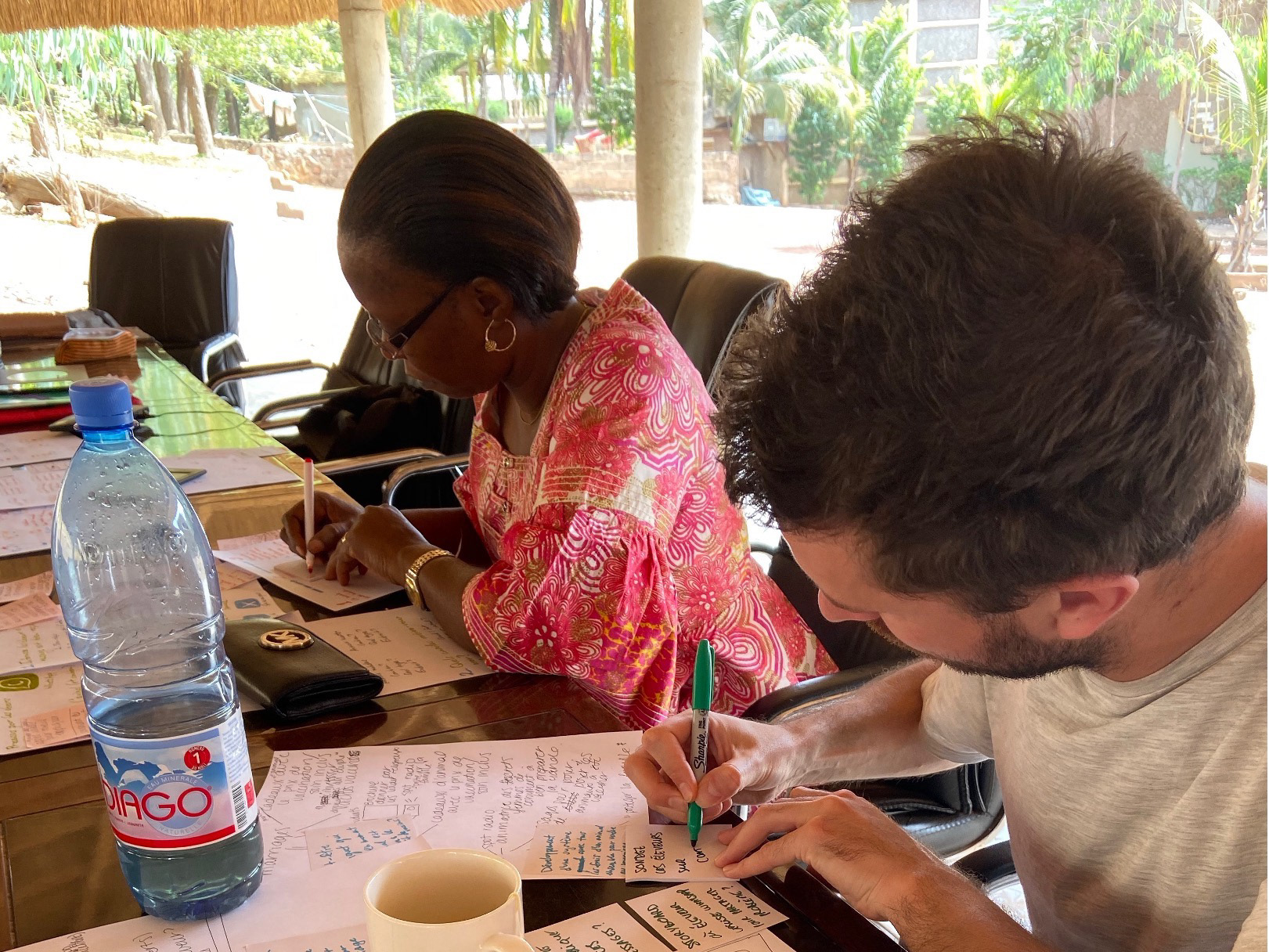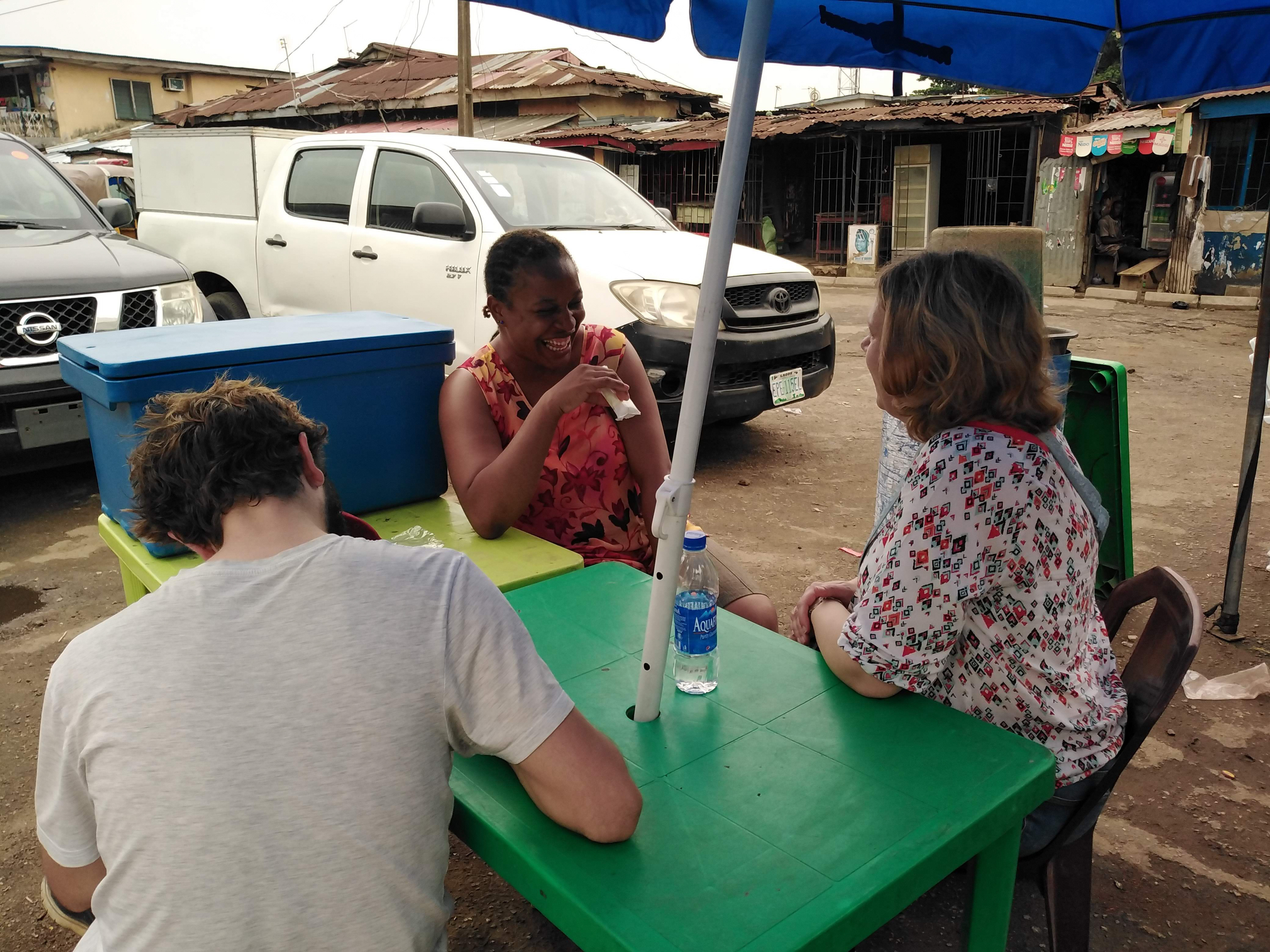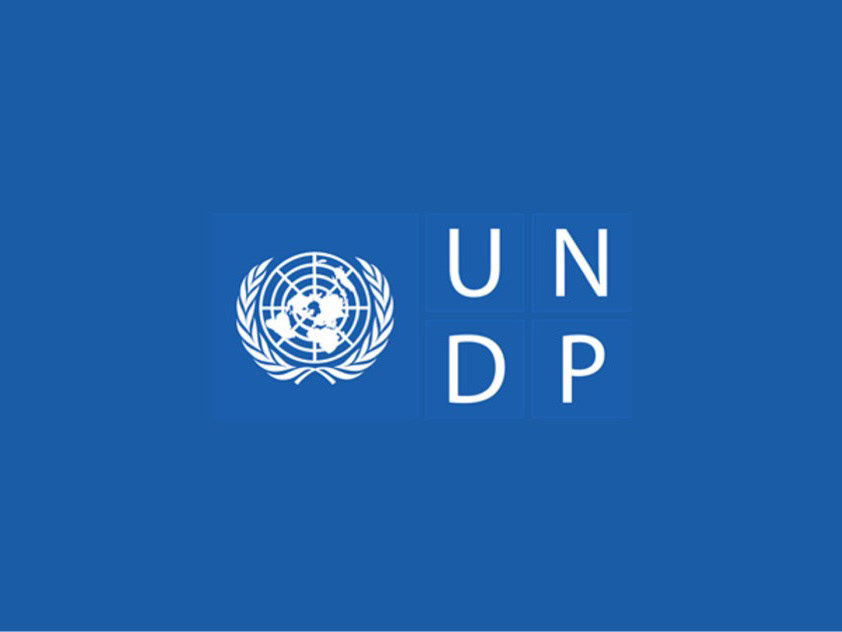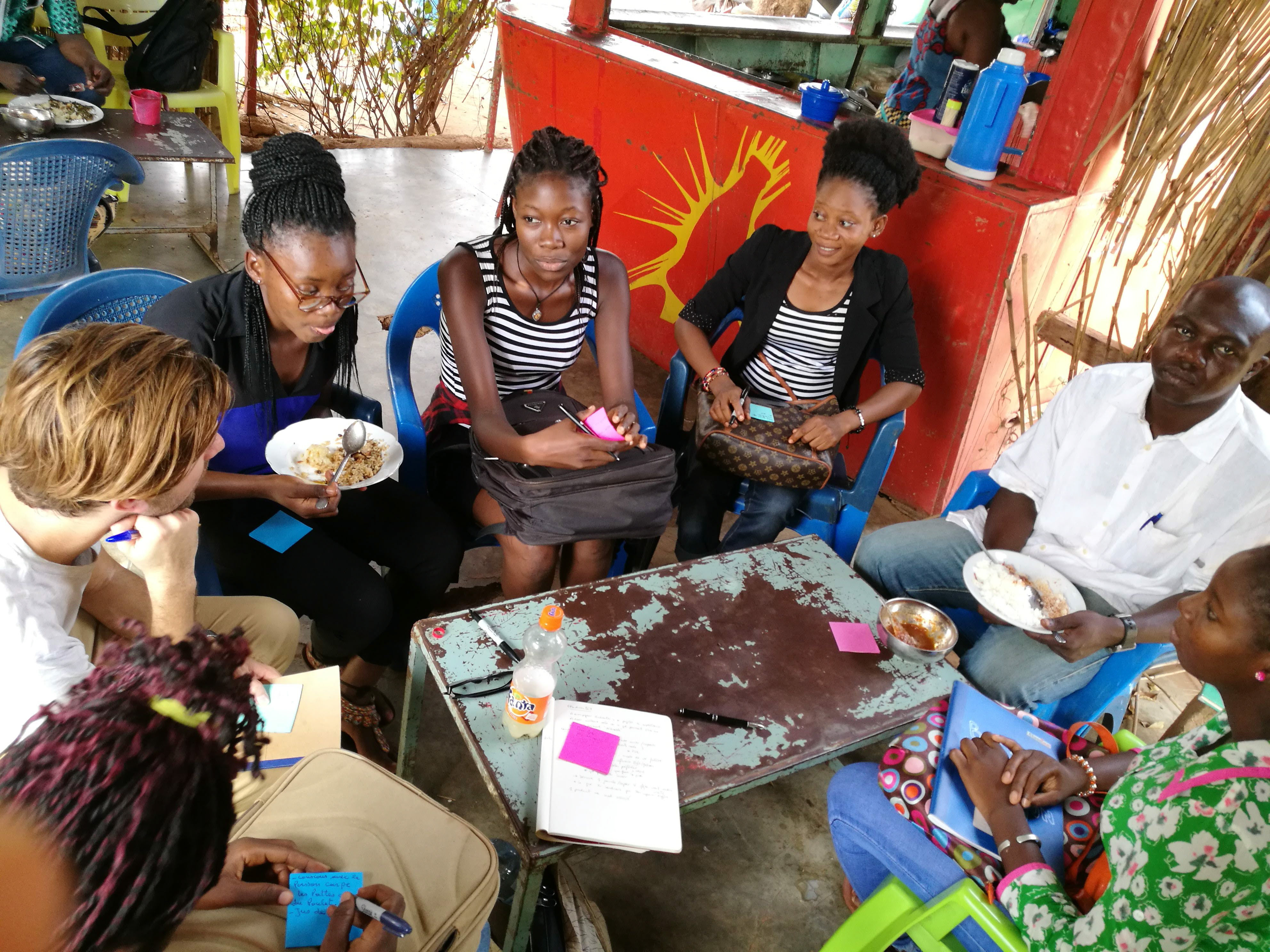Client: Marie Stopes International | Year: 2019
Context
In the Democratic Republic of Congo (DRC), access to reproductive health services remains a complex and sensitive challenge—particularly for adolescent girls aged 15 to 19 from low-income urban and peri-urban areas. In collaboration with Marie Stopes International, our team set out to better understand the barriers and drivers influencing the adoption of modern contraceptive methods within this demographic, with the ultimate goal of supporting more effective, context-sensitive health interventions.
In the Democratic Republic of Congo (DRC), access to reproductive health services remains a complex and sensitive challenge—particularly for adolescent girls aged 15 to 19 from low-income urban and peri-urban areas. In collaboration with Marie Stopes International, our team set out to better understand the barriers and drivers influencing the adoption of modern contraceptive methods within this demographic, with the ultimate goal of supporting more effective, context-sensitive health interventions.
Goals
Our primary objective was to uncover the layered factors shaping contraceptive decision-making among adolescent girls, including social norms, family dynamics, trust in the health system, and access to accurate information. These insights would form the foundation for designing tailored interventions that resonate with the realities and aspirations of young girls navigating reproductive health choices in the DRC.
Our primary objective was to uncover the layered factors shaping contraceptive decision-making among adolescent girls, including social norms, family dynamics, trust in the health system, and access to accurate information. These insights would form the foundation for designing tailored interventions that resonate with the realities and aspirations of young girls navigating reproductive health choices in the DRC.
Methods
We began by strengthening local research capacity through dedicated training sessions with the field team to ensure methodological rigor. The research combined individual interviews and focus group discussions conducted in both French and Lingala, ensuring inclusivity and cultural responsiveness.
We began by strengthening local research capacity through dedicated training sessions with the field team to ensure methodological rigor. The research combined individual interviews and focus group discussions conducted in both French and Lingala, ensuring inclusivity and cultural responsiveness.
Fieldwork extended beyond adolescent girls themselves to include conversations with adolescent boys, fathers, and mothers—recognizing the influential role of family and community in shaping health behaviors. This holistic lens allowed us to map the broader ecosystem influencing contraceptive awareness, attitudes, and uptake.
I played a central role in leading the synthesis process through recurrent data analysis workshops. These sessions helped distill insights into clear themes, identify emerging patterns, and build a shared understanding across the local and international research team.
Outcome
The insights we gathered were synthesized into a comprehensive report developed in collaboration with the local NGO chapter. The report offered a nuanced understanding of the social, emotional, and practical dimensions shaping contraceptive decision-making among adolescent girls in the DRC.
The insights we gathered were synthesized into a comprehensive report developed in collaboration with the local NGO chapter. The report offered a nuanced understanding of the social, emotional, and practical dimensions shaping contraceptive decision-making among adolescent girls in the DRC.
Beyond informing future programming, the research laid important groundwork for building community-centered, evidence-based reproductive health interventions—ensuring that the voices of adolescent girls and their communities are reflected in strategies aimed at improving reproductive health outcomes.
Testimonial
"Ben is a diligent and creative researcher. I had the privilege of working with him on a project to help adolescent girls get access to family planning methods in the DRC. We were working in an environment where we had to design solutions in a context we did not fully understand. We had to work fast to learn and adapt our approaches. I admired Ben's agility and enthusiasm to get the work done. He was eager to learn but also not afraid to suggest solutions and approaches that helped us meet our goals."
- Mabala Nyalugwe, Project Coordinator
"Ben is a diligent and creative researcher. I had the privilege of working with him on a project to help adolescent girls get access to family planning methods in the DRC. We were working in an environment where we had to design solutions in a context we did not fully understand. We had to work fast to learn and adapt our approaches. I admired Ben's agility and enthusiasm to get the work done. He was eager to learn but also not afraid to suggest solutions and approaches that helped us meet our goals."
- Mabala Nyalugwe, Project Coordinator









